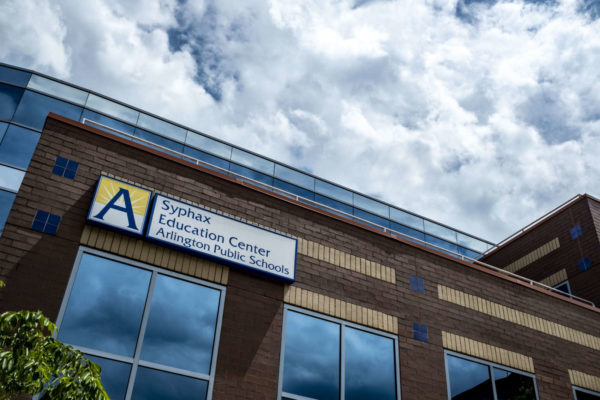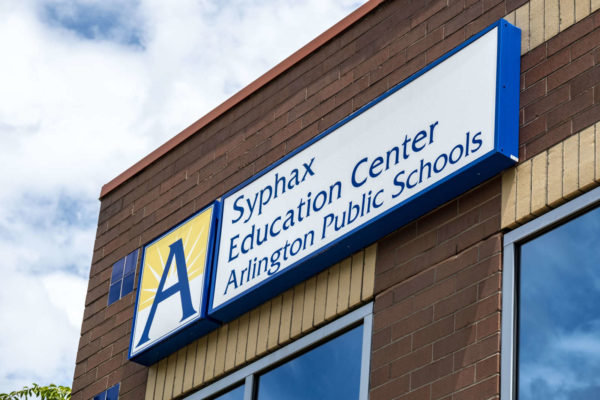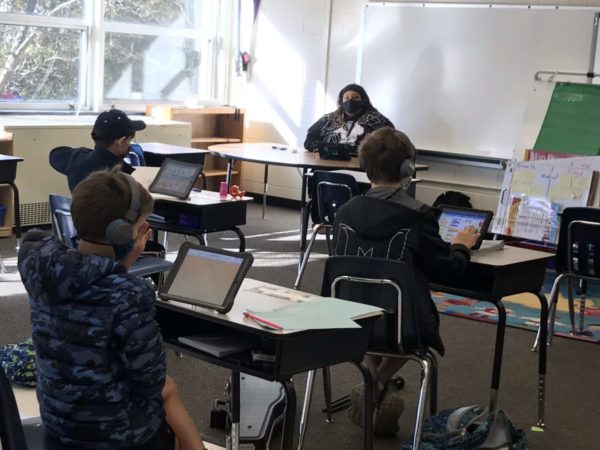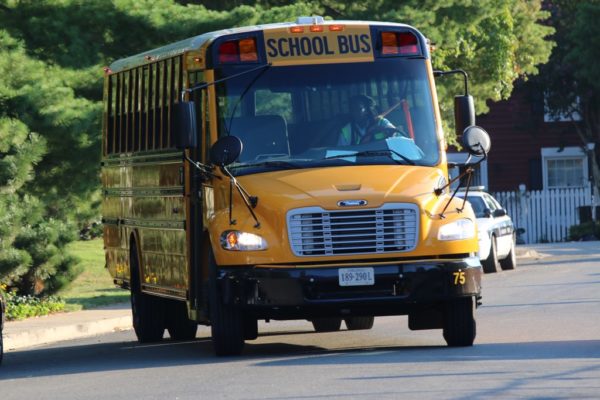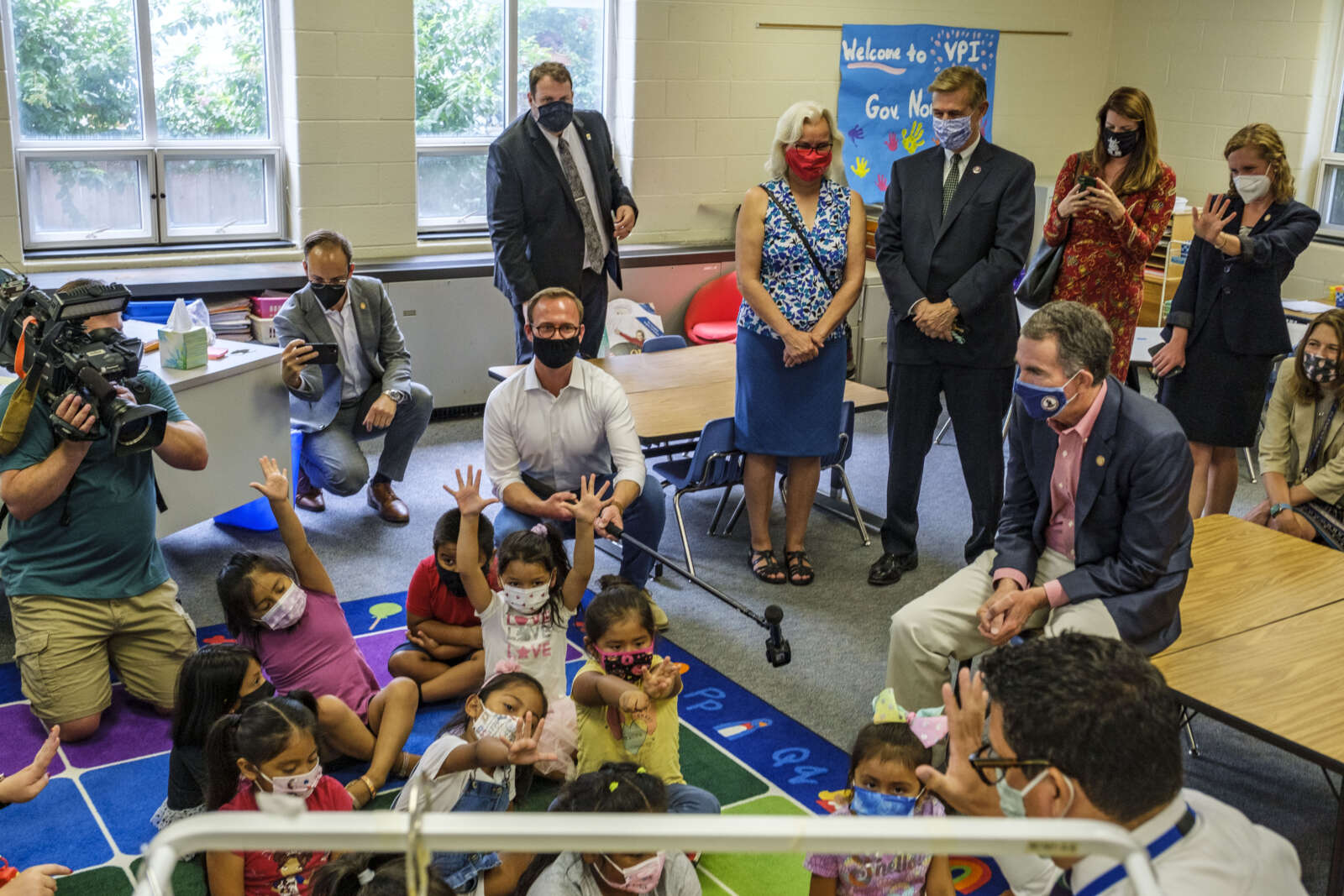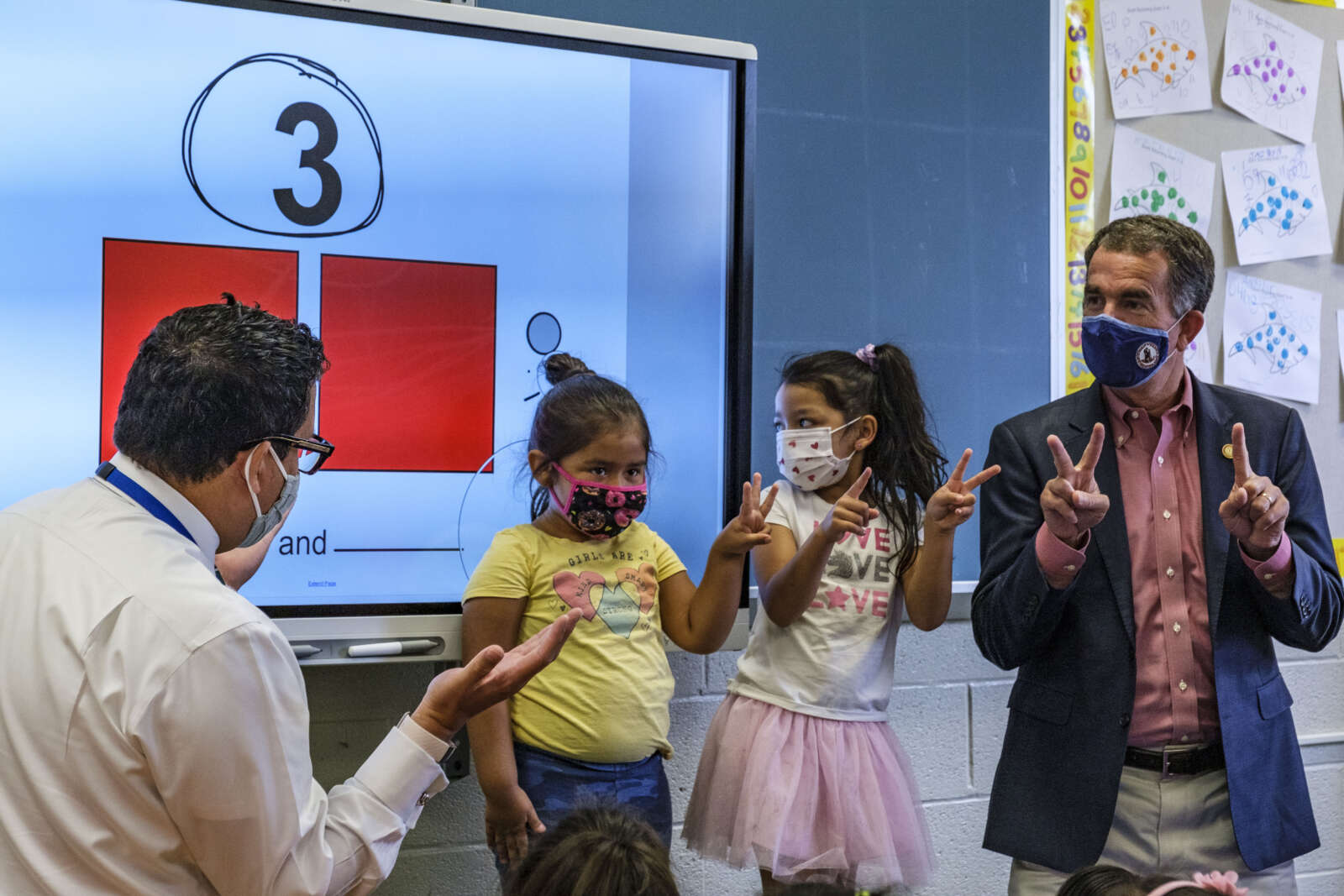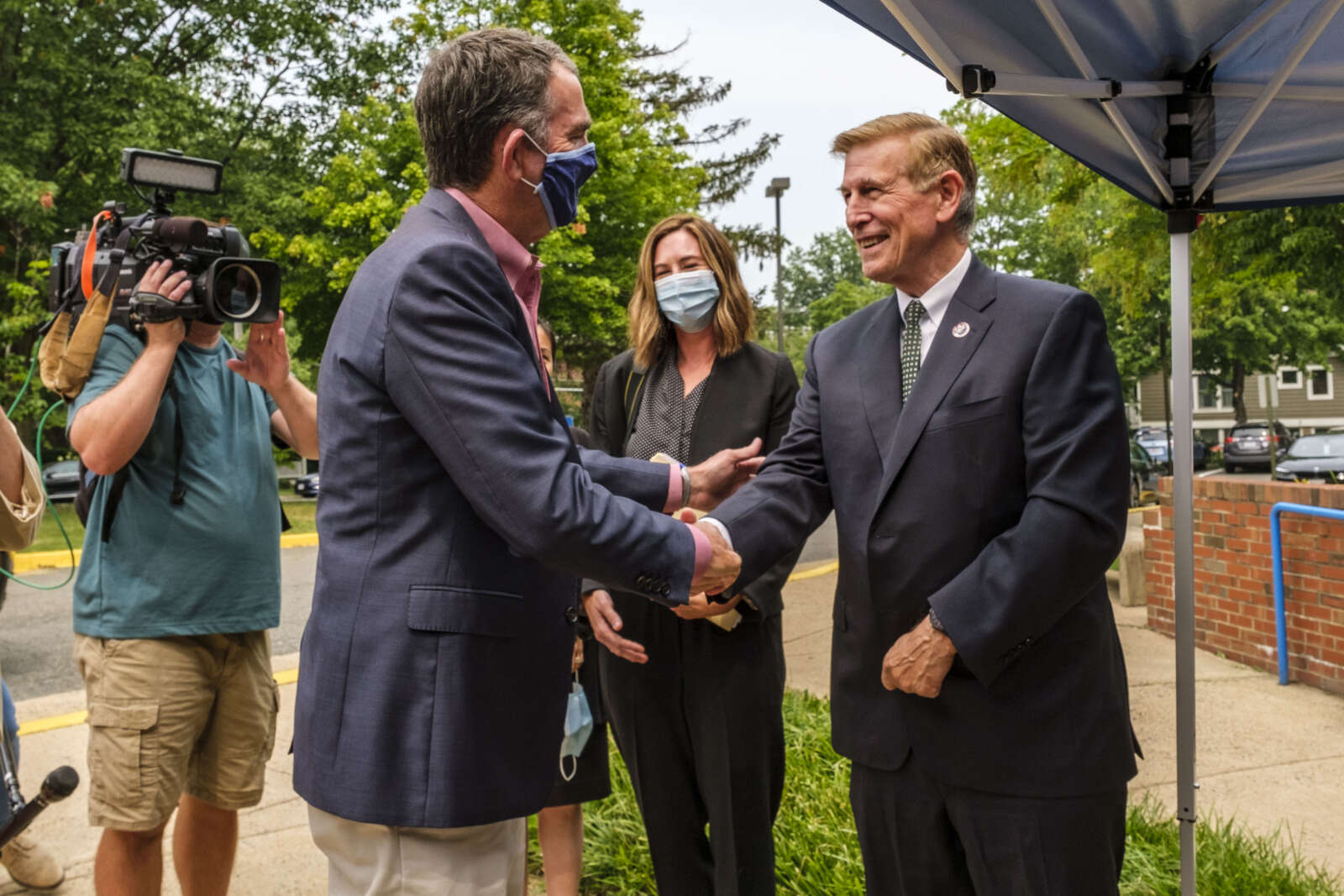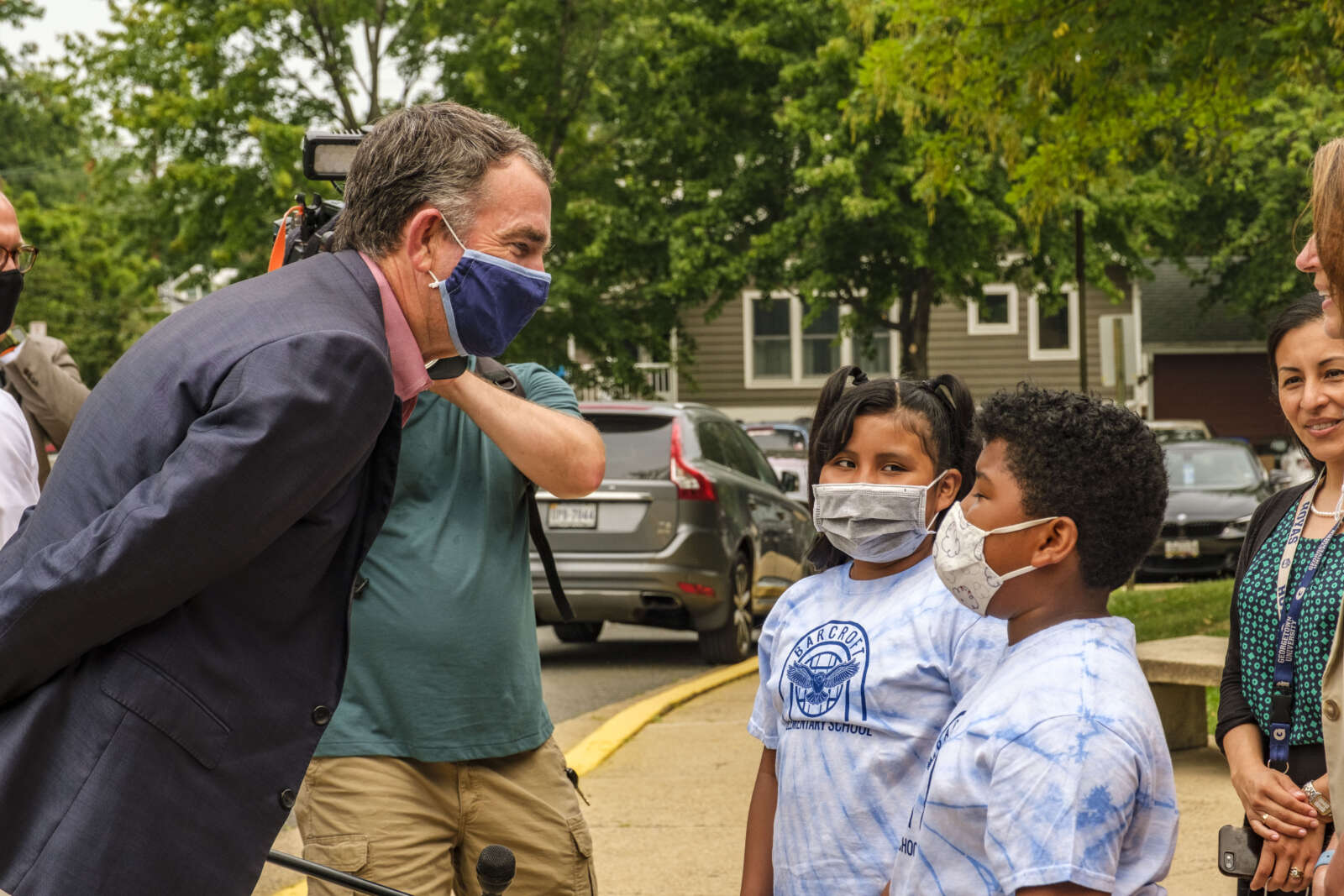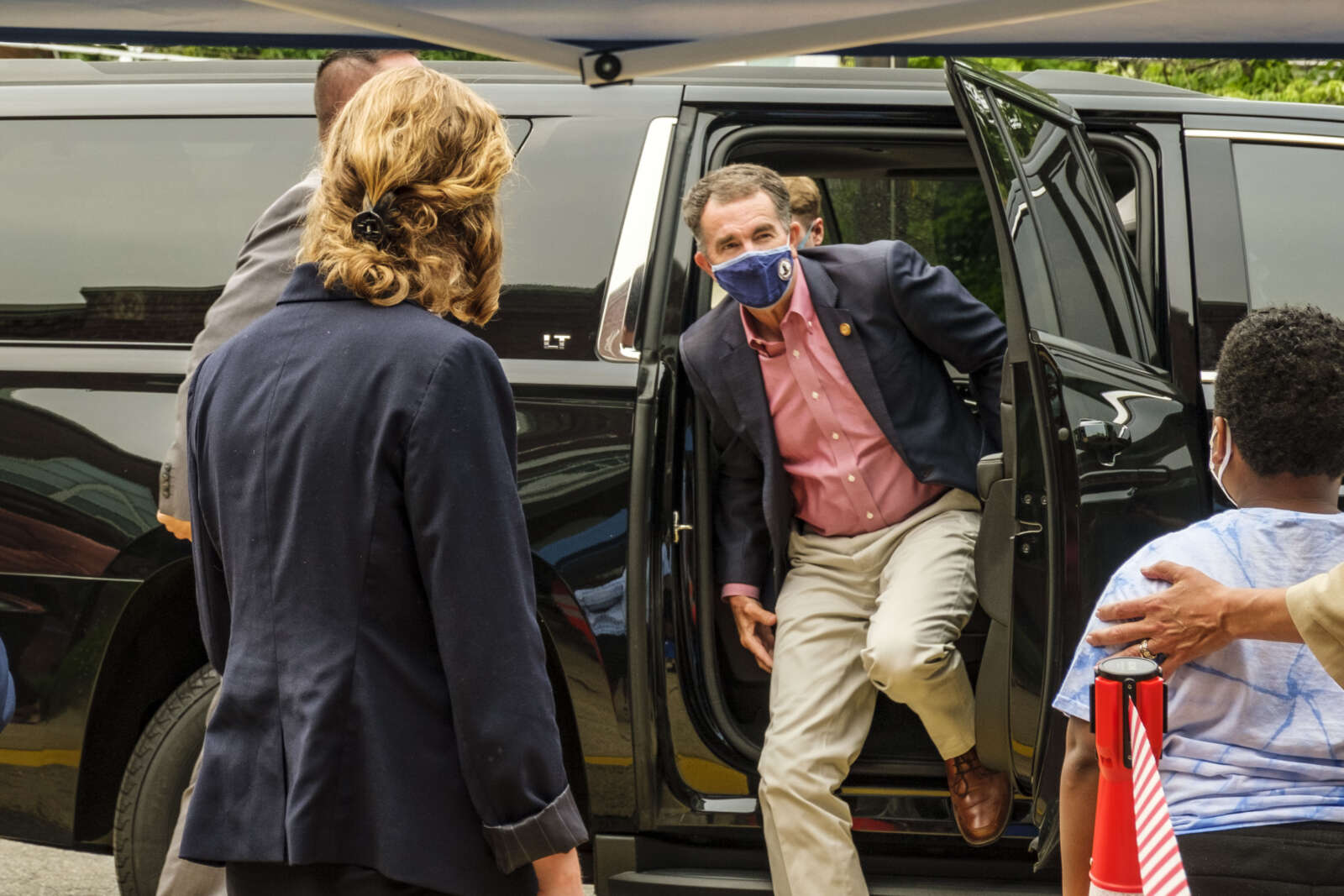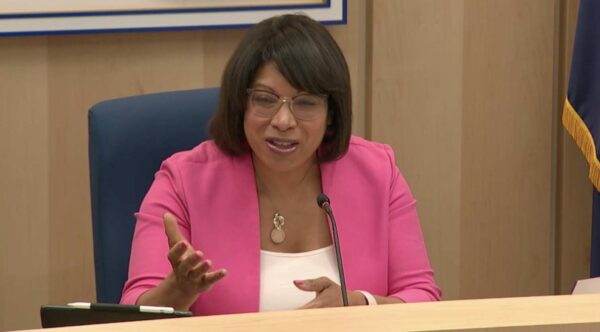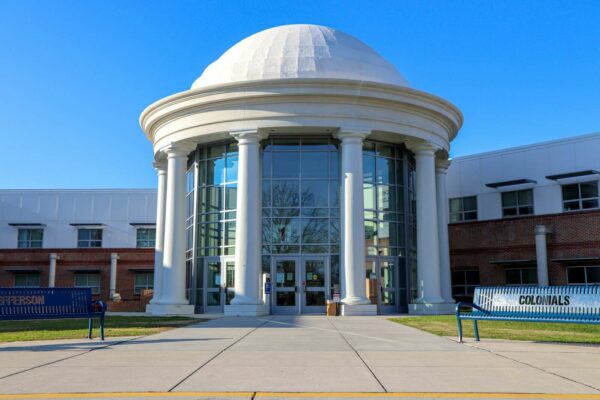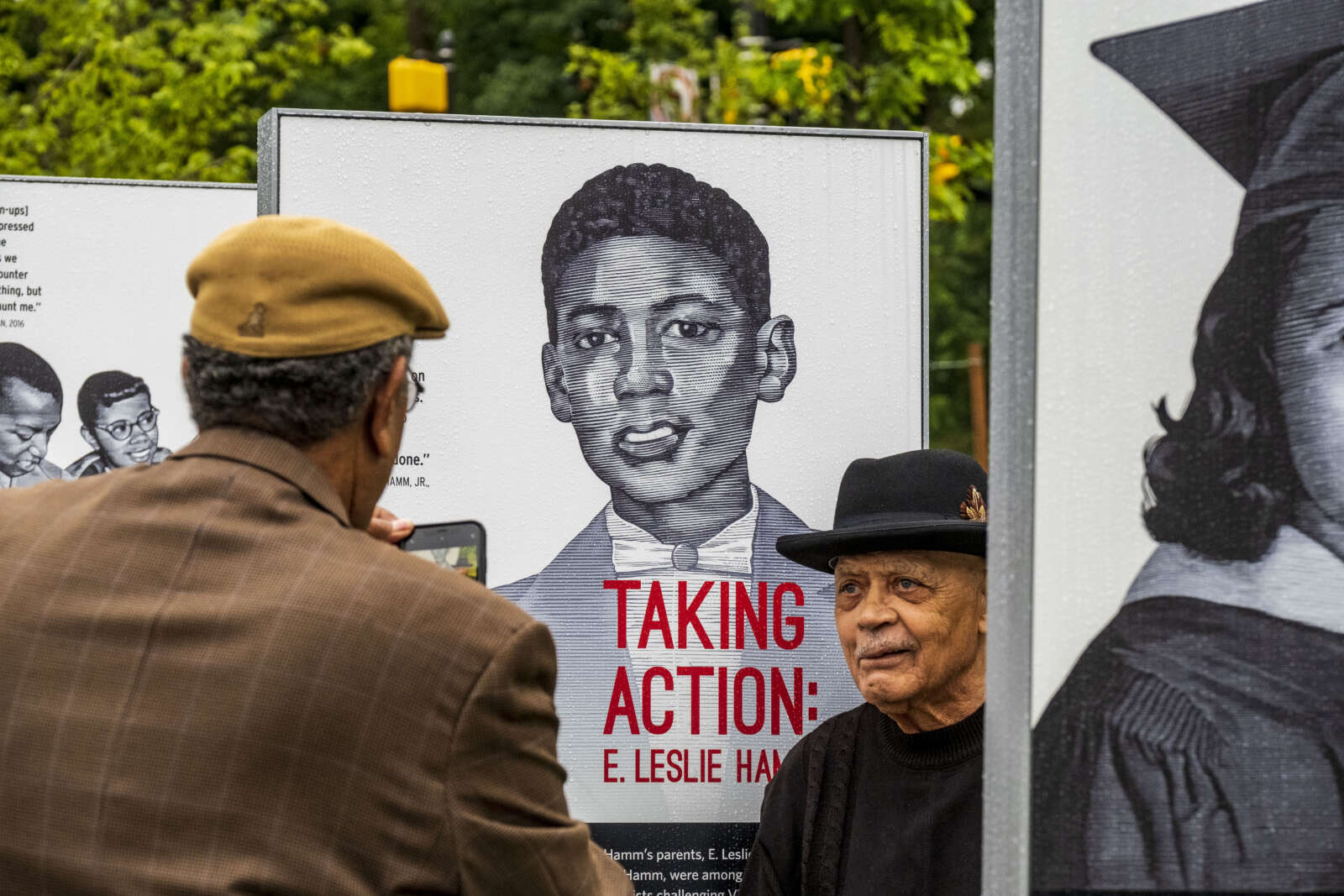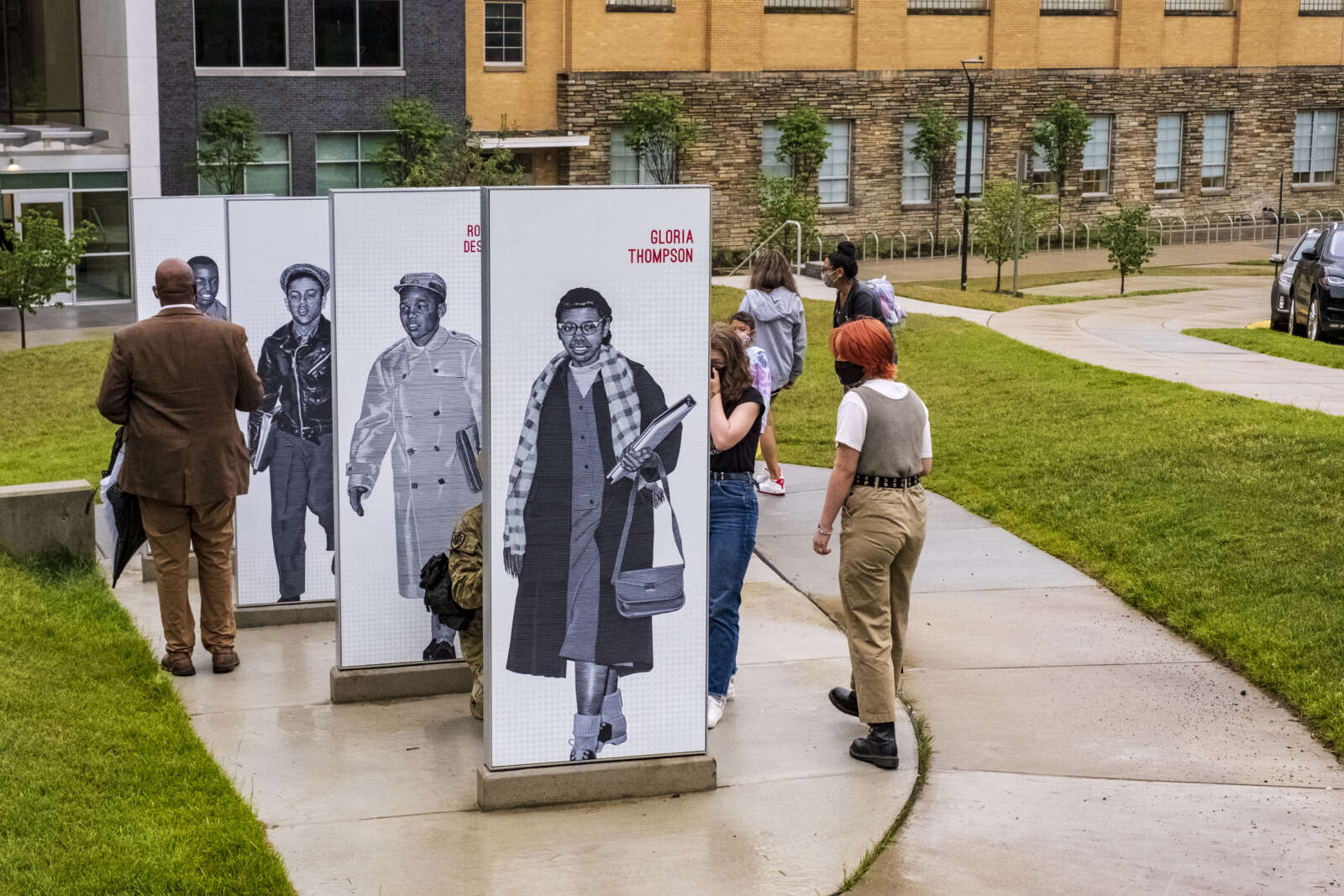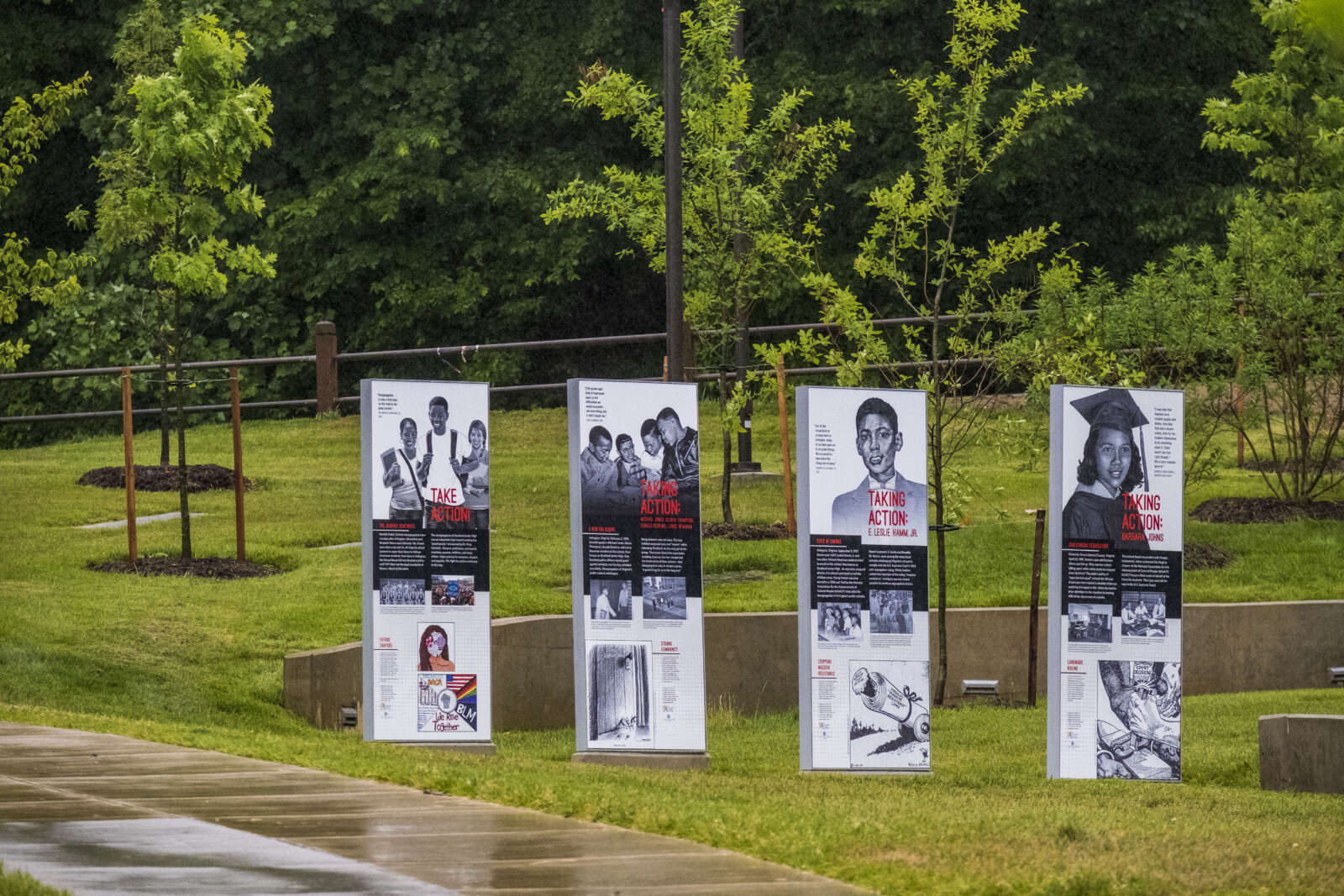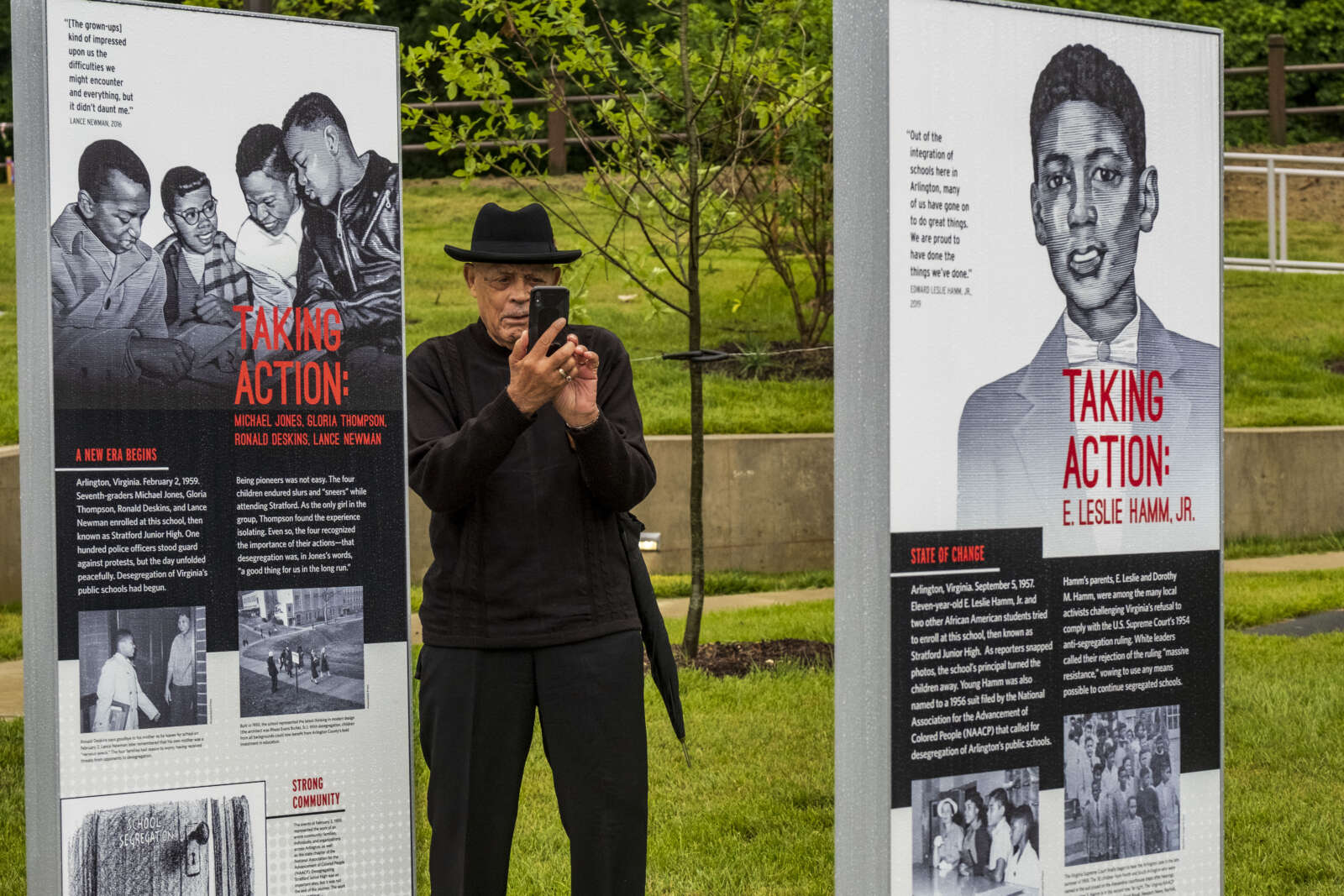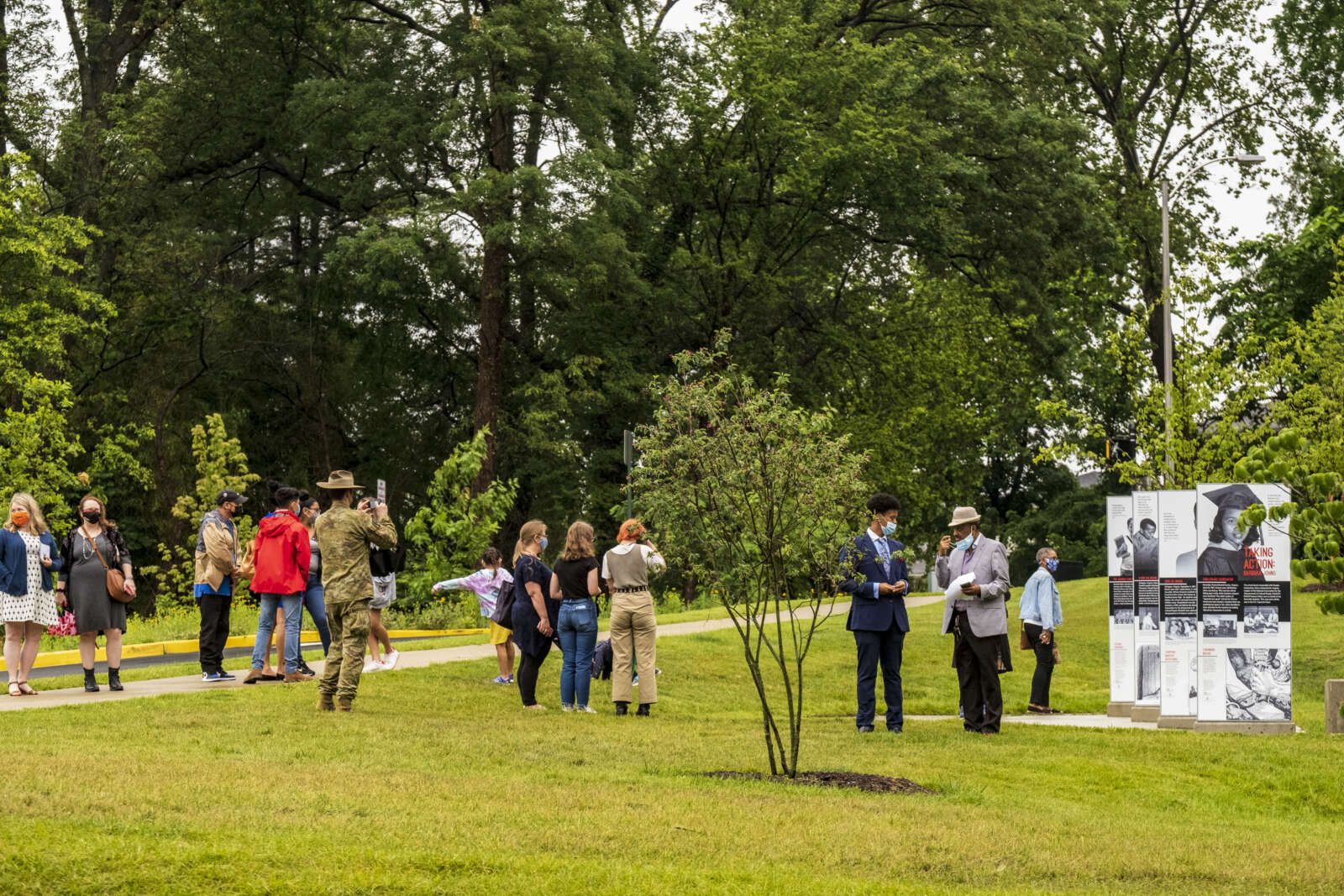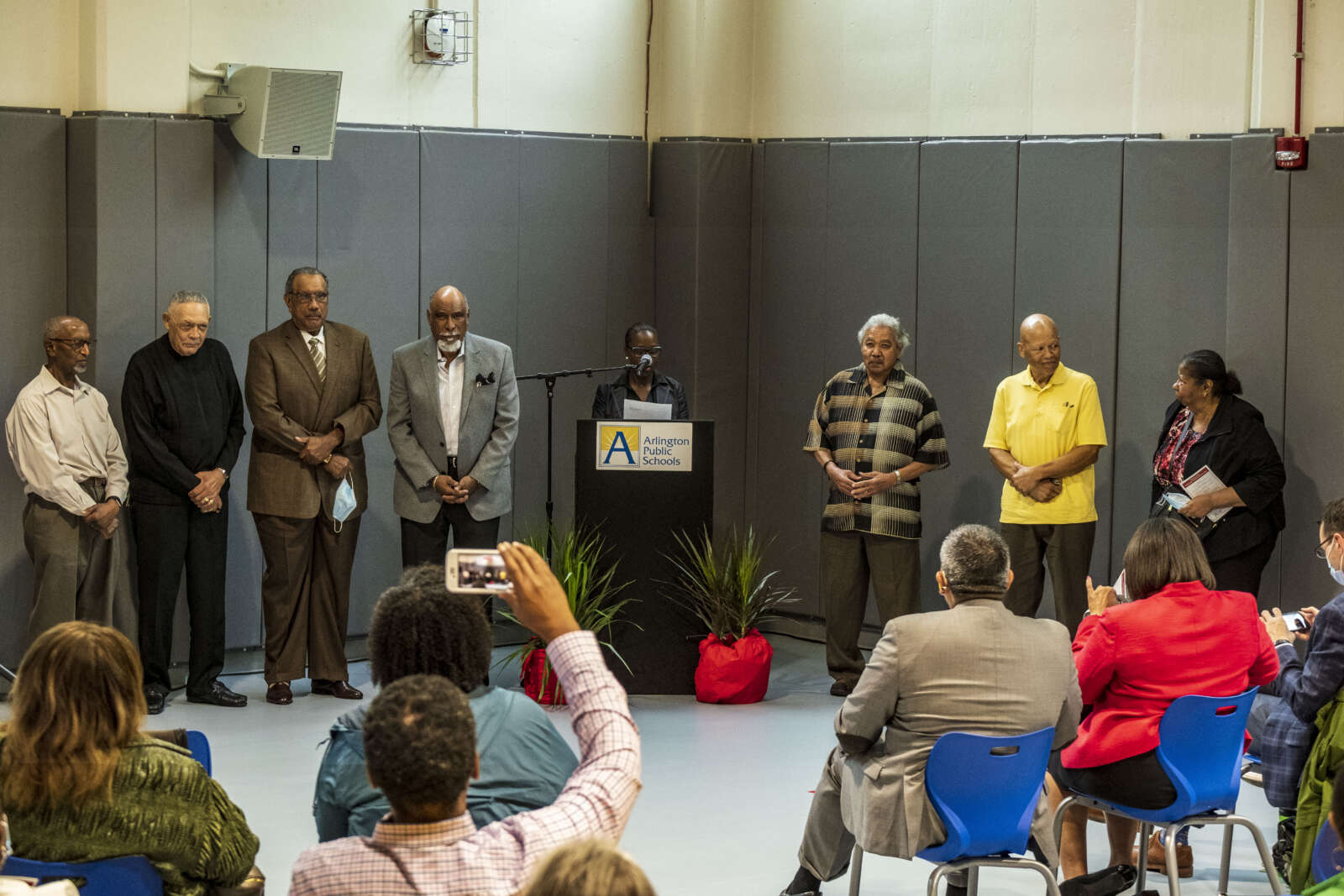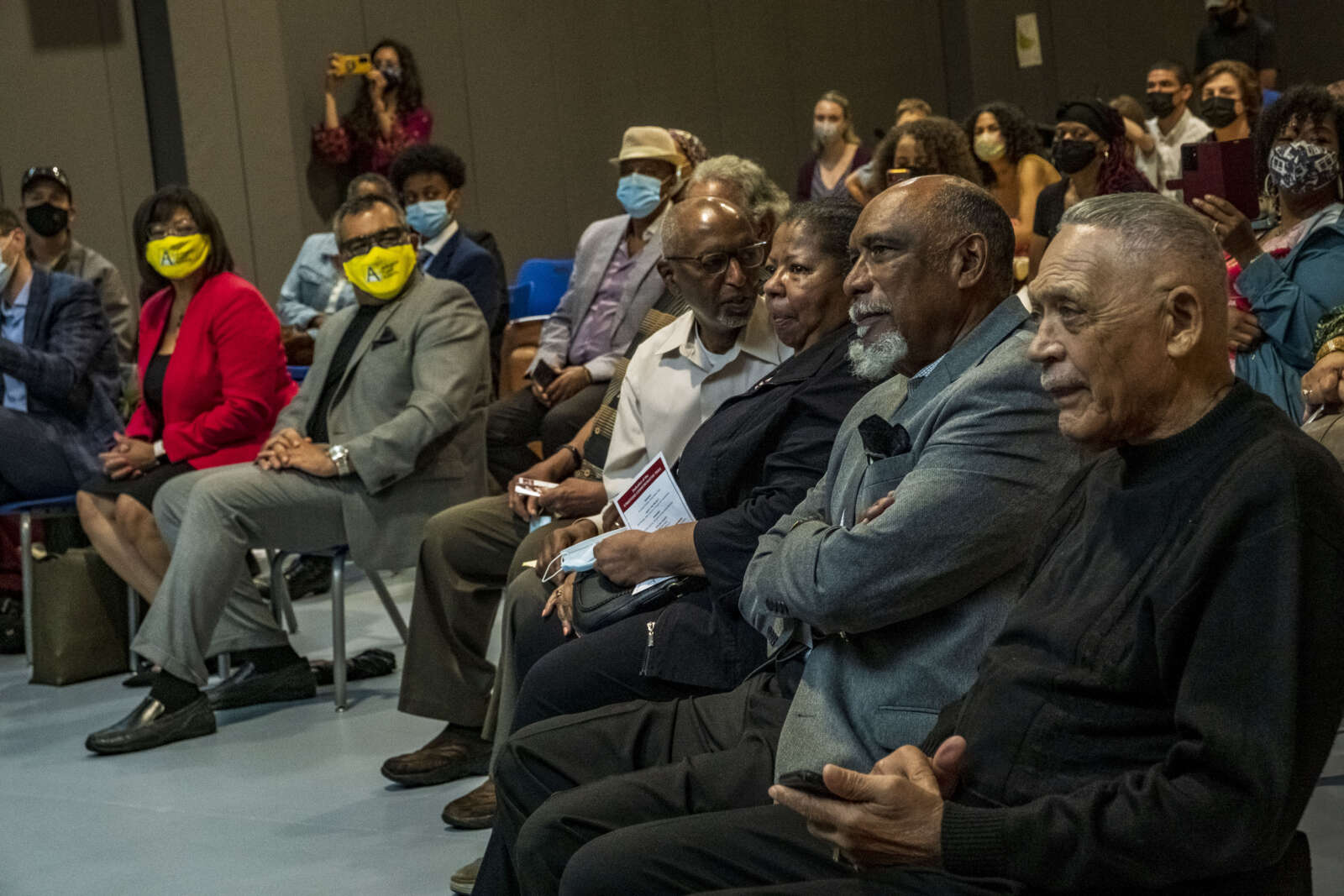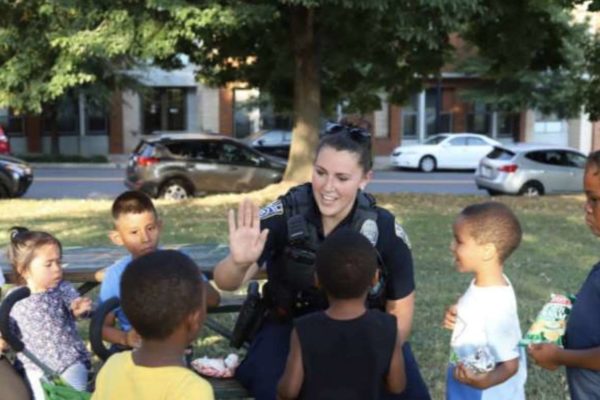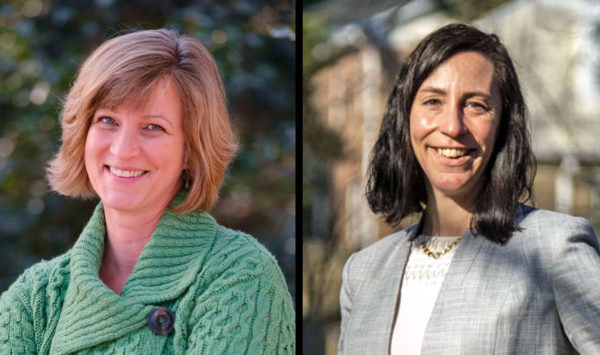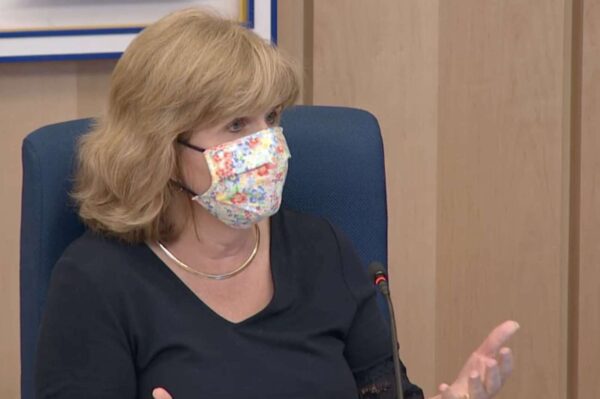(Updated at 2:50 p.m.) A multi-year legal battle between a family and Arlington Public Schools over the appropriateness of their child’s special education support ended this summer with a decision in APS’s favor, handed down by federal court.
While the avenues for dispute resolution dead-end there for the family, the decision provides an insight into how fraught the special education system can be. What is supposed to be a collaborative effort among schools and parents can turn into a grueling legal process if the parents and the school system disagree over aspects of the child’s disability or which setting best meets their needs.
In this case, the parents sued APS, requesting it pay for tuition at a private day school that — according to them — would be better for their child than Williamsburg Middle School. The federal court decision said APS did not have to pay the cost of tuition.
The court also overturned a lower ruling by a state officer who said the school system should reimburse the parents for a private evaluation they obtained. A psychologist found their child exhibited disabilities that APS did not find in their evaluation.
This case reveals how some decisions favor schools partially because parents make procedural missteps before they realize that every step of the process could become evidence in a hearing later on, special education lawyer Juliet Hiznay tells ARLnow.
She said both the hearing officer and the federal decision were well-reasoned, and that the parents made a couple of common errors.
“A lot of parents get caught up in sort of what I call traps for the unwary: not preserving their claims, not communicating them during meetings, not getting them on the record,” she said.
That the case reached federal court is also exceedingly rare, because the special education legal system is set up to have these issues resolved in meetings and mediation sessions, she said. The parents sued after an administrative process with an independent hearing officer did not go in their favor.
“There is a risk associated with doing this. There’s an emotional toll, and practical price to pay: School districts don’t like being sued, so the relationship gets destroyed when you sue a school division,” she said. “And many parents are afraid, and some of them have more than one child, and they don’t want to risk any kind of retaliation by the school district.”
One family’s experience
The boy at the center of the lawsuit is currently attending a private school in Sterling, Virginia, according to federal court documents. The home school is Nottingham Elementary School, which he attended from kindergarten through fourth grade.
While at Nottingham, his parents and school officials noticed he struggled academically and socially. During an assessment in the first grade, he “presented with difficulty in a number of different areas” including reading, writing and math, attention and organization and making friends, according to a lawsuit filed on behalf of the parents.
He was given an Individualized Education Plan (IEP), a document outlining the services the school will provide, under the category of “specific learning disability.” But by fourth grade, he “still continued to struggle greatly,” per the lawsuit.
According to Virginia Department of Education data, APS has been providing services to steadily more children with presumed or diagnosed specific learning disabilities in the last four years.


